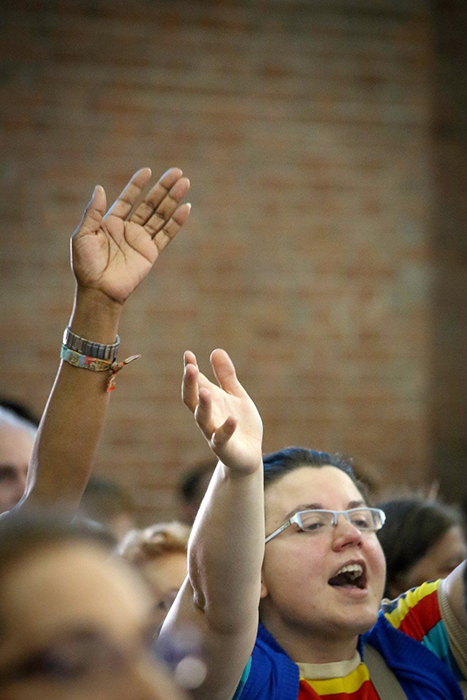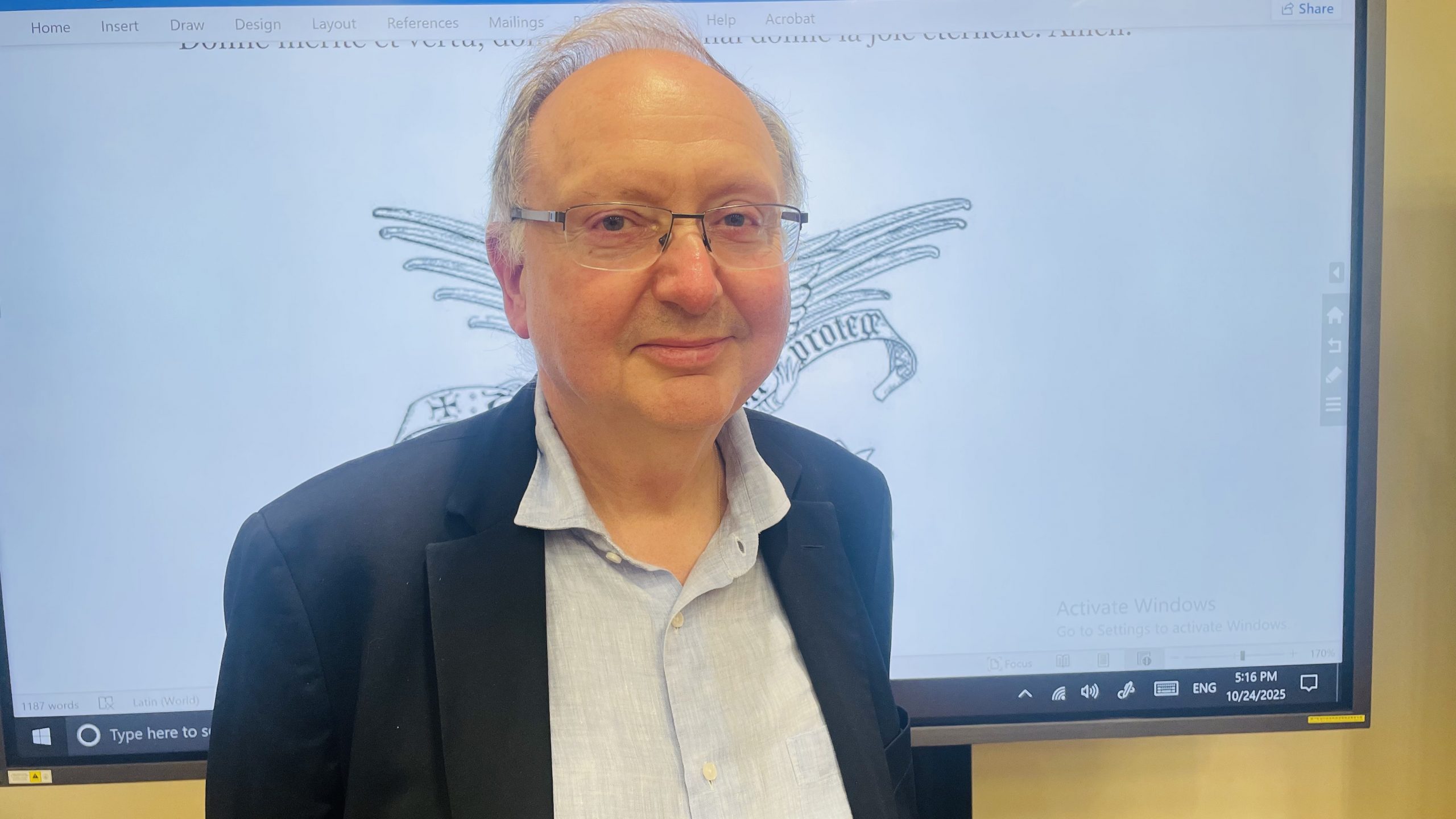Corrado Gnerre
Dear friends, I am a university student. I have recently approached the Faith, thanks to some friends who are part of a fairly famous ecclesial movement. However, there is something that does not convince me of what they say. They continually claim that Christianity is only an “experience”. That is enough to know, the rest would be superfluous and that even the knowledge of the truth could be overlooked. Maybe I’m forcing their arguments a little bit, but it seems to me all in all this. What do you think about it?
Dear …, I understand well which group you are referring to. I tell you right away that presenting Christianity in this way is not correct. Catholicism cannot be reduced to a mere “experience”, but it is the truth that produces and judges experience. We must always bear in mind that it is not experience that judges the truth, but the opposite: it is the truth that judges experience. I’ll give a simple example to make myself better understood. If I say: I am a Christian because I feel happy to be one … how do we put up with the Muslim or with the Jehovah’s Witness who can obviously answer the same: we are also happy to be what we are? Certainly the confirmation of being a Christian in one’s life is important, but it is not decisive. As we said before: it is the truth that judges experience, not the other way around.
Dear …, identifying Jesus with happiness is not wrong at all, indeed it is very true, but it is not enough. Christ is happiness because he is the Truth. Certainly today, for the Christian proclamation, a well-structured method such as the Thomist one that starts from the centrality of truth might not be very effective, while the Augustinian one that starts from the existential needs of man could be more persuasive, but this does not mean that even starting from man’s expectations and his need for meaning, the proclamation should not be completed by making us understand the logical priority of Truth. In short, to put it simply, if you choose Saint Augustine rather than Saint Thomas, you have to choose him as the first approach, not to replace the second with the first. Let’s take an example: the ideal thing to do is to see a film from the very beginning; However, this does not mean that it can be understood even if you arrive at the cinema while the screening is in progress; then, once you see it in its entirety by adding the initial part you missed, the plot becomes understandable. Undoubtedly the man of today is not that of the thirteenth century, he is a completely deconstructed man who – in fact – must first of all be involved through existential needs; but this does not take away – as we have already said – that once this approach has been used, it is necessary to make him understand that everything begins and everything makes sense in the Truth.
Dear …, Catholic Truth is a union of truth and beauty. It is not only true but it is also beautiful, that is, it satisfies not only the intelligence but also the heart. It is a sort of crystal cathedral; “Cathedral” because it is all logical, ordered, consequential; “Crystal” because this logic, order and consequentiality translate into an irresistible harmonic beauty, just as crystal can make the shapes of the object of which it is made to shine.
Moreover, dear …, it should be clarified what “happiness” means. Happiness is not the state of mind that recognizes that everything is positive and therefore always translates into a condition of consolation and joy. If this were happiness, the saints would have some problem with it; it would be enough to think of all the trials that mark their life: desolations, nights, temptations… happiness in the Christian sense is not an alternative to suffering (which cannot be eliminated), but to despair. Happiness is the peace of soul that can and must also be combined with the experience of the most terrible trials.
But to understand this – let’s go back to the initial point – the Christian experience must always be the result of the recognition of what is true.
(From La buona battaglia. Apologetica cattolica in domande e risposte, 2019©Chorabooks. Translated by Aurelio Porfiri. Used with permission of the publisher. All rights reserved)


 Follow
Follow


